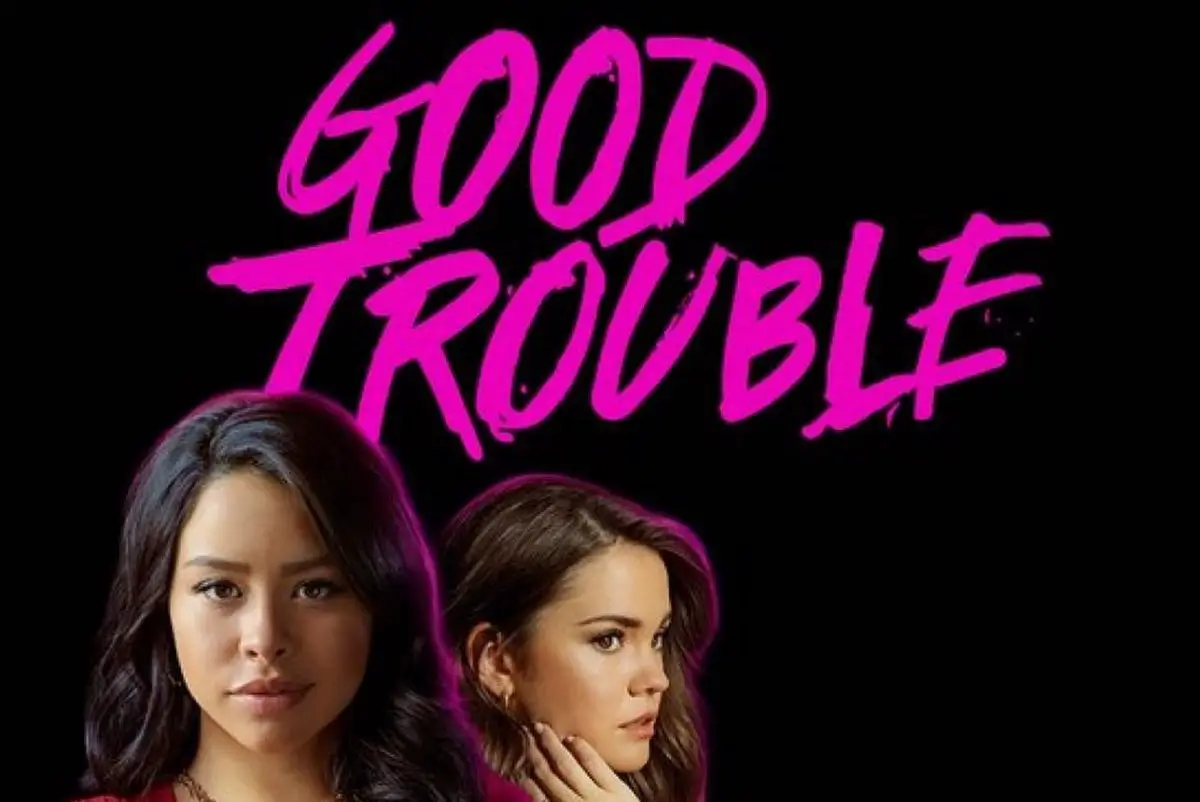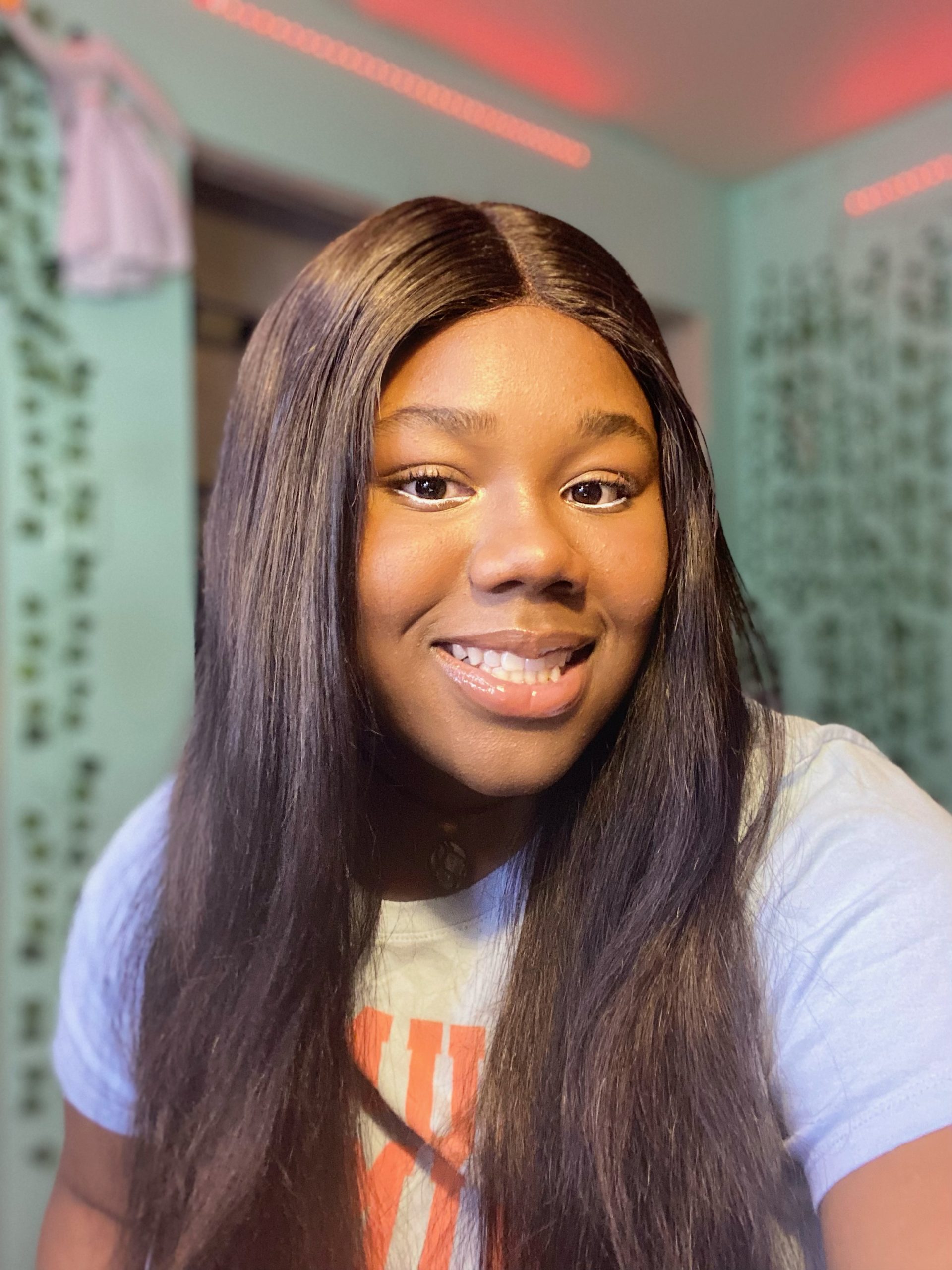Back in the summer of 2018, Freeform’s groundbreaking series “The Fosters” sadly aired its final episode after being on the channel for five seasons. While saying goodbye to the beloved series was hard for fans, they were able to quickly dry their tears when its reboot, “Good Trouble,” was announced.
“Good Trouble” follows foster sisters Callie Adams Foster (played by Maia Mitchell) and Mariana Adams Foster (played by Cierra Ramirez), as they both navigate life out of college and adulting together. Although many have their doubts about trying to reboot hit shows, “Good Trouble” sets itself apart from its predecessor and is absolutely worth the binge-watch.
It Has Representation & Diversity.
As Callie and Mariana start their first jobs out of college and move in together in downtown Los Angeles, they move into an apartment called The Coterie — which happens to be a communal living style building. As they live at The Coterie, the girls begin to develop strong relationships and friendships with the building’s other tenants, who come from all different walks of life. This is displayed as Callie begins to develop an intimate relationship with one of the tenants Gael (played by Tommy Martinez), who is a bisexual man. As the season progresses, the show thoroughly explores what it’s like to date someone who’s bisexual.
In addition to the show’s LGBTQ+ representation, it also explores transgender stories with Gael’s sister Jazmin (played by Hailie Sahar). Throughout Jazmin’s story, it’s revealed that she’s repeatedly been denied jobs due to her being a transgender woman. “Good Trouble” also explores the isolation that can come with being transgender, as Jazmin is exiled by her parents due to her identity and forced to celebrate major family holidays alone.
Adding on to the series’ devotion to the LGBTQ+ community’s stories, “Good Trouble” shows viewers something that a lot of other shows don’t — dark-skinned African American women exploring their sexuality.
As the character Malika begins to become more open-minded and in touch with who she really is, she begins to explore polyamory. Throughout her polyamorous journey, Malika begins to explore relationships with other women. “Good Trouble” also makes sure to address the stigma that surrounds these types of relationships as Malika is faced with many raw emotions and the reality of being open to love with more than one partner.
In addition to bringing awareness to the pressures the LGBTQ+ community face, “Good Trouble” also has a striking cast list filled with actors from all different ethnic backgrounds like characters Alice (played by Sherry Cola), Raj (played by Dhruv Uday Singh) and Malika (played by Zuri Adele), just to name a few.
It Addresses Major Social Issues.
In the realm of conversations about diversity, social issues go hand and hand — and “Good Trouble” makes sure these major topics aren’t slipped under the rug or left unaddressed. As Mariana starts her job at a major tech startup called Speckulate, she’s assigned to work with a team of all men. As she’s continuously isolated by her male coworkers, and they purposely mispronounce her name every time they speak to her and judge her based on what she wears to work, she begins to feel anger and major confusion about her position. She even wonders if she was only hired to meet the company’s diversity quota.
More social issues arise throughout the show as Callie begins a clerk internship for a well-known Republican judge. Although Callie possesses more liberal views, she took the internship with hopes of being able to give a different viewpoint a chance and she soon faces a major conflict: The judge she works under is placed on the case of a young unarmed Black man who was shot by police. Tensions in The Coterie begin to rise as Callie’s roommate Malika, who is a Black Lives Matter activist, tries to fight to get the man and his family the justice he deserves.
Female Empowerment Is the Central Focus.
Commonly when we see shows displaying the friendships of young women, it usually gets catty. In “Euphoria,” we see the cliche boyfriend-stealing trope. In HBO’s “Gossip Girl,” we recognize the frenemy trope. “Good Trouble” doesn’t use those classic dramatic scapegoats to grasp its audience’s attention — it’s all about girls sticking together.
The show’s emphasis on girl power is displayed greatly through Mariana’s job at the male-dominated tech startup, which has several female employees that you can count on one hand. Instead of falling into the catty drama that’s stereotypically expected of women, they stick together and try to evoke real change within their toxic misogynistic workplace.
“Good Trouble” digs even deeper into the subconscious of young adult women and the emotional turmoil that many face. Through the character Davia (played by Emma Hunton), the show explores body positivity in the modern age of social media and how it’s a catalyst for societal pressures. Davia is an influencer whose social platforms focus on self-love following her past struggles with anorexia nervosa. As she tries to spread awareness of body positivity online, she has to grapple with the mental toll that online hate takes on its prey.
Moving Up & Moving On.
While “Good Trouble” manages to tell diverse stories, bring light to social issues and empower young women, the show is still finding the time during its one-hour episodes to be able to focus on early adulthood and navigating life. Unlike “The Fosters,” which followed the girls during their high school years with both of their moms to lean on for emotional support, viewers now get to watch as the girls navigate adulthood without that parental shoulder to lean on at all times.
The show’s fourth season was released in early March and now makes this an even greater focus. After nine years of playing the character Callie Adams Foster, actress Maia Mitchell has finally decided it’s time to move on. With Callie’s character moving on, fans will now get to see a whole new “Good Trouble.”
In the golden age of the small screen, “Good Trouble” manages to bring light to many major issues in its writer’s room that others are afraid to address — making it a must-watch!

















